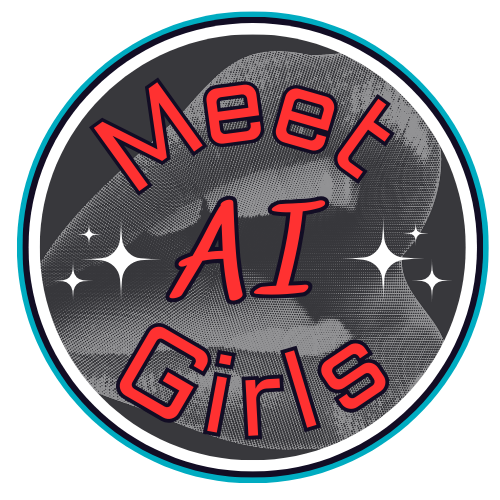
Imagine a world where people in prison can use technology. Just like how an insurer might give big discounts for safe driving or roadside assistance, AI is now helping those who are incarcerated. This look into the topic shows how AI helpers are changing rehabilitation and mental health in prisons.
The Role of AI in Rehabilitation Programs
Traditional rehab programs can struggle with limited resources and lack of personal attention. AI provides a fresh solution to these issues. It can learn and adjust to each person’s needs. AI companions can give custom support and help during rehabilitation.
Also, AI can make it easier to access learning tools, job training, and help in finding a job. This can give people the skills and support they need to successfully return to society.
Enhancing Educational and Vocational Training Through AI
AI-powered platforms can make learning more personal. They look at what people are good at, where they struggle, and what they like. If someone is getting ready for their GED or learning a new job, AI can give them the help and tools they need to do well.
Just like when you want to pick the next policy for your modest Toyota Corolla, you want the best protection for a lower rate. AI can do the same for education. It adjusts the learning experience to help get the best results.
This personal way of learning makes people more engaged. It also builds a sense of success, helping boost self-esteem and motivation. This support is key for those working for a brighter future.
Personalized Mental Health Support with AI
The justice system is slowly understanding that mental health support is important for people in jails. AI tools provide an easy and often shame-free way to get help.
With just a few clicks and little effort – like finding a helpful list of insurance companies – people can connect to resources. These include guided meditations, coping strategies, and even chatbots that offer therapy. These tools give quick support, which is especially useful where traditional mental health services are hard to access.
Although AI should not take the place of human care and interaction, it can be a helpful addition. It can fill gaps in care and encourage people to think about their mental health actively.
Conclusion
In conclusion, using AI technology in rehabilitation programs for inmates is an important step forward. It helps provide personal support for each person. AI improves education and job training and offers mental health help. This way, it supports the overall health and chances of change for prisoners. This new way helps them learn skills and stay mentally strong in jails. Using AI friends in correctional facilities shows a good way to boost positive results and help inmates fit back into society.
If you want to know more about how AI affects correctional facilities, please reach out for a chat or more information.
Frequently Asked Questions
How does AI contribute to the rehabilitation of incarcerated individuals?
AI works like car insurance companies that look at driving habits to give comprehensive coverage. It studies a person’s needs to create customized rehabilitation programs. These programs come with educational resources and support to help people successfully adjust back into their daily lives.
Can AI interactions improve the mental health of prisoners?
Yes, AI helps by providing easy-to-use mental health resources. This includes tools for coping and chatbots that offer therapy. They give quick help and can fill in the gaps that regular mental health services may miss in jails.







